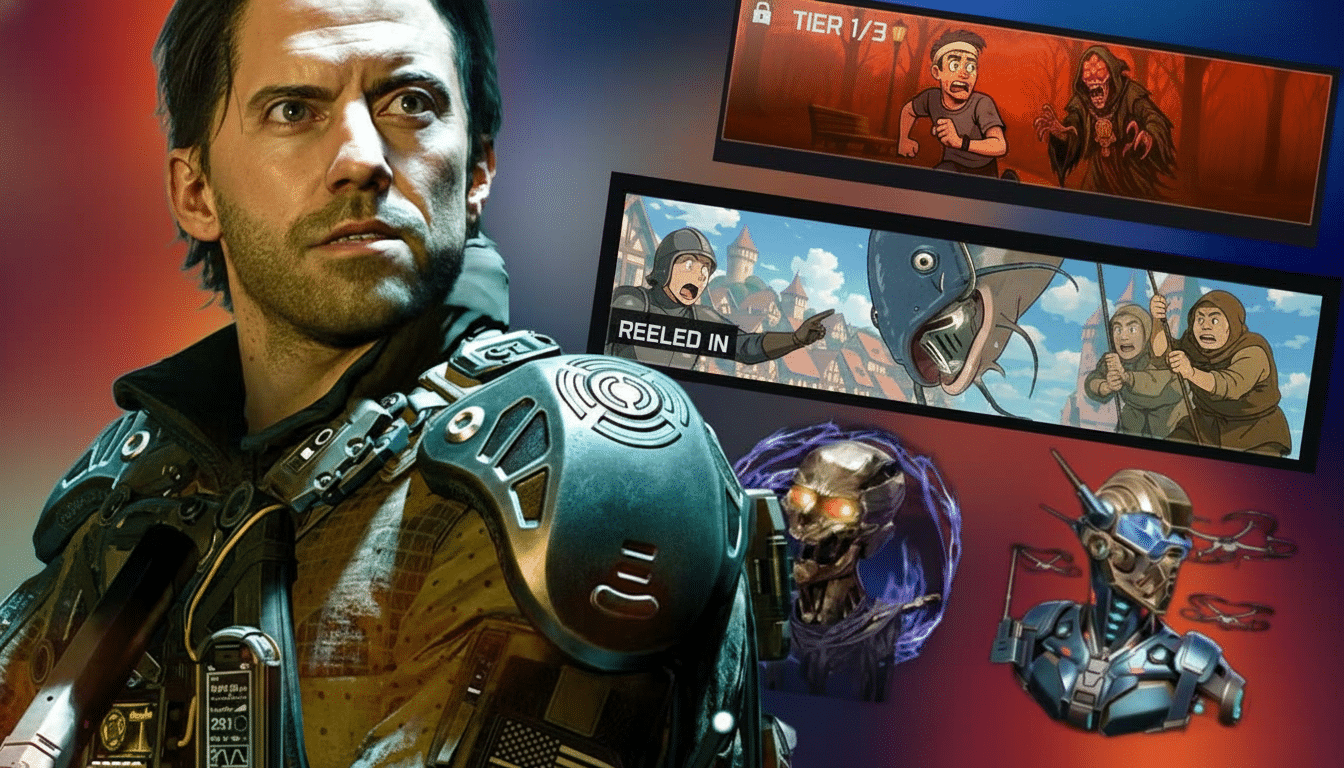Google’s Gemini-driven AI Overview has players informed that Call of Duty Black Ops 7 is a game in an alternate universe, which simply isn’t true and baffles anyone looking to quickly narrow the search. And the misfire is something more than a mere odd duck. It highlights how AI-generated summaries can go awry when a fast-moving news cycle intersects with imperfect real-time comprehension.
What Google’s AI Overview Missed About Black Ops 7
Black Ops 7 searches reveal an AI Overview that positively declares the title “does not exist,” although it regurgitates accurate information: a mid-November launch window, a campaign in 2035 linked to past Black Ops plots, as well as co-op and multiplayer (with Zombies). In other words, the system is told accurately what the facts are and still decides that the game is a fake.

That’s plainly incorrect. Black Ops 7 marks the 22nd game overall in the long-running Call of Duty series and is the eighth Black Ops title. Player sentiment is volatile, too. As per Metacritic, the game has an abysmal user score of 1.8 at present, with users lamenting its sparse single-player campaign and heavy use of generatively sourced assets.
How a Real Game Became ‘Fictional’ to an AI
Three technical dynamics likely converged. One, entity confusion: As with any pre-release rumor cycle, forums and fan wikis repeatedly argued over whether leaks were real, leaving behind pages that identified “Black Ops 7” as speculation or fakes. If those were prominent sources in search results, a synthesizer could overweight them for some reason and be tricked into mistakenly classifying the entity as fictional.
Second, freshness lag: AI Overviews from the web index are also based on language models and require strong signals to resolve inconsistencies. When high-up authoritative confirmations and post-launch coverage mix in with old-ass rumor posts, the model can lock into the wrong consensus.
Third, safety guardrails can uncharitably err on the side of skepticism when claims appear unproven. Ironically, the warning itself apparently backfired here when it turned a true release into another “fake” label at the same time Essentials pulled in the proper plot and mode info from legitimate sources.
Why This Is Important For Search And Gaming Media
With basic information like availability, platforms and modes available at a glance, this kind of thing is essential to players. When those answers wobble, so does trust. AI Overviews has gotten a number of recent releases right, true—but it’s also tripped over titles such as Dragon Ball Sparking Zero, doing little more than momentarily branding the game with the moniker of a mobile title before retracting that. This kind of mixed signal weakens the authority of the summary box.

The broader risk is familiar. Following previous viral gaffes like the recommendation to put glue on pizza, there’s more pressure for accuracy. Media watchdogs have attempted to quantify the problem: In tests, leading chatbots created fake narratives in a large proportion of trials, according to NewsGuard, and surveys by the Pew Research Center show that most Americans worry about AI’s rapidly growing reach. With more people taking AI panels as de facto fact-checkers, small mistakes can snowball across social platforms.
The gaming industry exacerbates these tensions. Franchises like Call of Duty capture a ton of search volume during reveal and launch windows. Misinformation during those crests doesn’t just piss off fans; it can warp sentiment, muddle coverage and cloud discoverability across shops and review aggregators.
What Google and the Game Studios Can Do Right Now
Google can reinforce AI Overviews with better entity resolution on new releases: weight official publisher announcements and verified store listings, multiply the effect of recognizable structured data sources while suppressing pre-release rumor pages once a title is confirmed. A visible freshness badge and a “new release” warning, too, could create context when evidence is still solidifying.
Publishers and studios can assist with richer schema markup, naming conventions that are consistent across platforms, and canonical pages to resolve these common ambiguities. Synchronized press kits, shared metadata between PlayStation, Xbox, Battle.net and Steam, as well as fast Search Console updates that can enhance the signals AIs use.
The Bottom Line on AI Overviews and Black Ops 7
Black Ops 7 exists; it is being talked about, and as of this week it’s controversial. Google’s AI Overview—could it be fictional?—is a high-profile misfire that tells an enduring truth about generative search: speed without airtight grounding can lead to errors. As long as those systems remain worse at reconciling brand-new facts with yesterday’s rumors, players and publishers will have to continue pooh-poohing things from the Google answer box.

